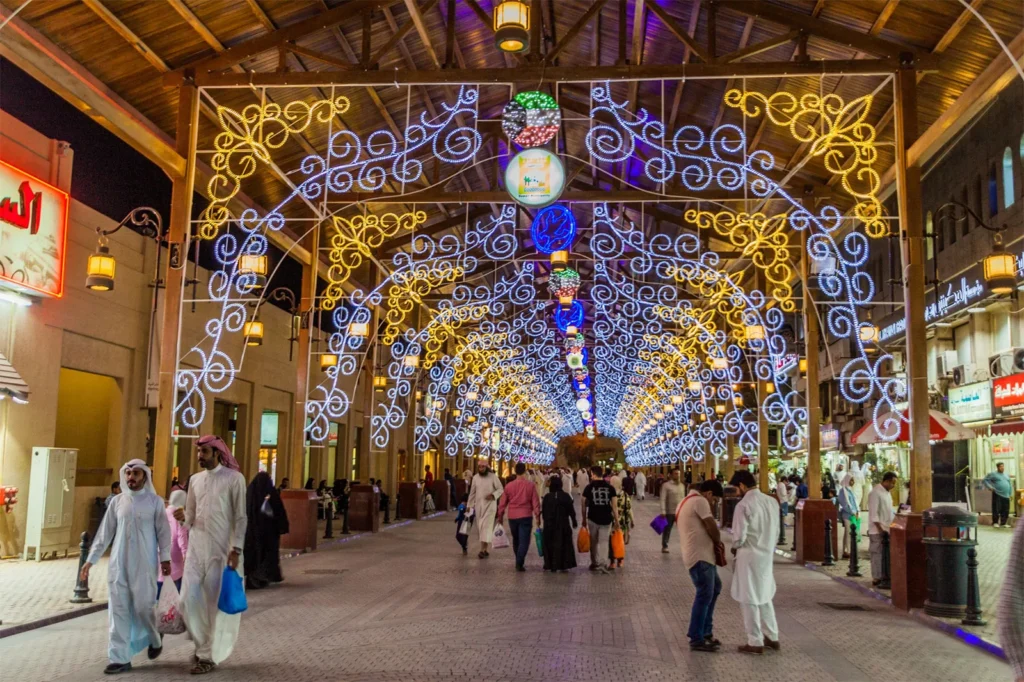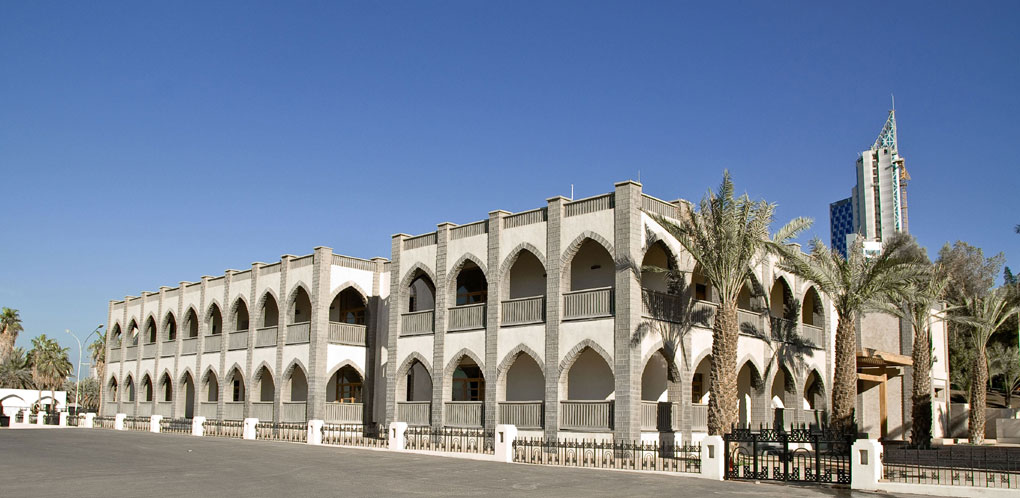Kuwait is more than just a wealthy Gulf nation. It is a land where family values and community connections are deeply rooted in everyday life. In this small but proud country, the heartbeat of society is not measured by skyscrapers or shopping malls but by the strength of its families and the warmth of its communities. Here, living is not just about individual success. It is about shared happiness, collective support, and multi generational love.
In an age where many societies are drifting toward individualism, Kuwait stands tall as a nation that places the family at the center of its culture. From the smallest household decisions to the biggest life celebrations, family ties influence everything. Community bonds are not just polite formalities. They are lifelines that nurture belonging, identity, and pride.
Let us take a deep look into the unique lifestyle of Kuwaitis and how family centered living shapes a strong, resilient, and joyful community culture.
Family The Foundation of Kuwaiti Society
In Kuwait, the family is not simply a group of people living under one roof. It is a support system, a guide, and a sacred unit. The concept of family goes beyond the nuclear circle of parents and children. Grandparents, uncles, aunts, cousins, and even distant relatives play an active role in daily life.
This extended family model is not just about blood ties. It reflects a broader sense of responsibility. A Kuwaiti child is raised not just by parents but by a network of family members who provide care, advice, and discipline. This shared parenting approach instills a strong sense of unity and interconnections early in life.
Respect for elders is deeply ingrained. Older family members are honored for their wisdom and life experience. Their opinions matter in all important matters from education and marriage to work and business. Many households are multigenerational, with three or more generations living together in harmony, sharing stories, meals, and memories under one roof.
The Role of Women in Kuwaiti Families
Kuwaiti women have always played a powerful and nurturing role in family life. Traditionally, they are the heart of the home managing household responsibilities, raising children, and keeping family traditions alive. Today, many women also balance successful careers while still maintaining their strong roles within the family.
Mothers are seen as pillars of emotional strength, and their influence runs deep. They are the keepers of culture, values, and language. Even in modern homes, where technology and global trends are present, the traditional role of a mother is still respected and cherished.
Daughters too are nurtured with love and responsibility, raised to be strong yet caring. In Kuwait, femininity is not about limitation. It is about grace, wisdom, and quiet power. Women are the silent architects of Kuwait’s family driven culture.
Marriage and Its Cultural Importance
Marriage is one of the most significant milestones in Kuwaiti life. It is not just a union of two people but a coming together of two families. The process is rich in tradition and filled with rituals that highlight the beauty of Kuwaiti culture.
From engagement to wedding celebrations, families work closely together, often months in advance, to plan events that reflect both heritage and joy. Marriages are seen as sacred, and they come with a deep sense of responsibility. Couples are encouraged to build their future not just for themselves but for their extended family and future generations.
Love, patience, and loyalty are emphasised in married life. The support from both families plays a crucial role in helping couples overcome challenges and grow stronger together. Divorce, although it happens, is generally discouraged unless absolutely necessary as family unity is given top priority.

The Power of Hospitality and Togetherness
One of the most charming aspects of Kuwaiti life is its unmatched hospitality. In Kuwait, hosting guests is not just a social obligation. It is a celebration of connection. Whether it is a neighbour, a relative, or even a stranger, guests are welcomed with open arms, hot tea, delicious food, and sincere warmth.
Families frequently gather for meals, prayers, and social evenings. These gatherings are not reserved just for holidays. They are a regular part of life. Sitting together and sharing stories over food is a powerful way Kuwaitis reinforce their sense of togetherness.
Neighbours are treated like extended family members. In many communities, doors are always open, and help is just a knock away. This environment fosters deep trust and a sense of security among residents. It is not uncommon for neighbours to raise each other’s children, celebrate milestones together, or step in during times of need.
Celebrations and Traditions That Bring Families Closer
Kuwaiti culture is filled with festivals, religious events, and traditions that pull families together. Events like Ramadan, Eid Al Fitr, Eid Al Adha, and National Day are not just religious or patriotic. They are family affairs.
During Ramadan, families gather each night for iftar, the breaking of the fast. These gatherings include not just immediate family but relatives, neighbours, and friends. It becomes a month of bonding, generosity, and spiritual growth.
Eid celebrations are filled with joy, gift giving, and visiting relatives. Children receive money called Eidiyah, and households are decorated with lights and traditional dishes. Weddings and births are also celebrated with big family events involving dancing, singing, and cultural rituals that reinforce heritage.
These celebrations are not about extravagance. They are about shared joy and emotional connection. They remind everyone of the importance of staying united and appreciating one another.
Youth and the Future of Kuwaiti Families
Today’s Kuwaiti youth are growing up in a world influenced by technology, globalisation, and rapid change. Yet most still carry a deep respect for their roots. The values taught at home honour, respect, kindness, and unity remain the guiding light in their lives.
Young Kuwaitis are increasingly pursuing education abroad and returning with a blend of modern ideas and traditional values. They are learning how to balance independence with loyalty to family, personal dreams with collective responsibilities.
Unlike in many Western cultures where youth move out at 18, many Kuwaiti young adults remain at home until marriage. Far from being a sign of immaturity, this reflects closeness and mutual respect. It is a lifestyle choice rooted in love and appreciation for family support.
As they take their place in society, the younger generation is helping to evolve Kuwaiti culture in beautiful ways modernising it while still protecting its core values.
Community Spirit That Feels Like Family
What makes Kuwaiti communities so special is how deeply they reflect the values of family. Walk through any neighbourhood and you will see people who know each other, help each other, and greet each other like relatives.
Community events, local markets, mosques, and Kiwanis traditional gathering spaces for men are the places where bonds are formed and strengthened. These places allow people to stay in touch, discuss issues, offer advice, and support one another in personal and public matters.
Diwaniyas in particular are a major part of Kuwaiti culture. They are not just for political debate or social chit chat. They are spaces for wisdom sharing, laughter, and community unity. Generations meet here, with elders passing on knowledge and youth bringing new ideas.
This blend of generations in public life is yet another reflection of how family centered values seep into the very structure of Kuwaiti society.
The Emotional Impact of Family Centered Living
There is a deep emotional satisfaction that comes from living in a culture where you are never alone. Kuwaiti family centered living gives people a safety net one woven with love, loyalty, and shared purpose.
In times of joy, there is a crowd to celebrate with. In times of grief, there are dozens of shoulders to lean on. This sense of emotional security contributes to mental well being and long term happiness.
Children grow up feeling protected. Parents feel supported. Elders feel honoured. And the entire society thrives on a cycle of giving, receiving, and belonging. There is less loneliness, less fear of abandonment, and more laughter echoing through homes and streets.
A Culture Worth Celebrating
In Kuwait, success is not measured solely by wealth or fame. It is measured by the strength of your family ties and the love that surrounds you. Family centered living has created a culture where values matter, where traditions thrive, and where people look out for one another like extended family.
This lifestyle does not just preserve heritage. It strengthens the future. In a world that often rushes toward individualism, Kuwait’s community culture is a gentle reminder of the power of unity, patience, and togetherness.
As generations continue to pass on these beautiful values, Kuwait stands tall not only as a nation of wealth but as a nation of warmth. It is a culture that embraces everyone who walks into it and leaves you with a heart full of love.
Do follow Gulf Magazine on Instagram.
Also Read – Kuwaiti Women Are Redefining Power and Lifestyle Today!



